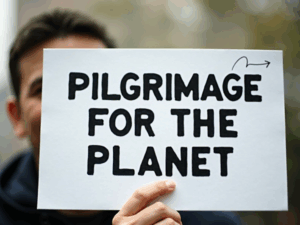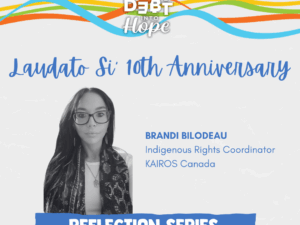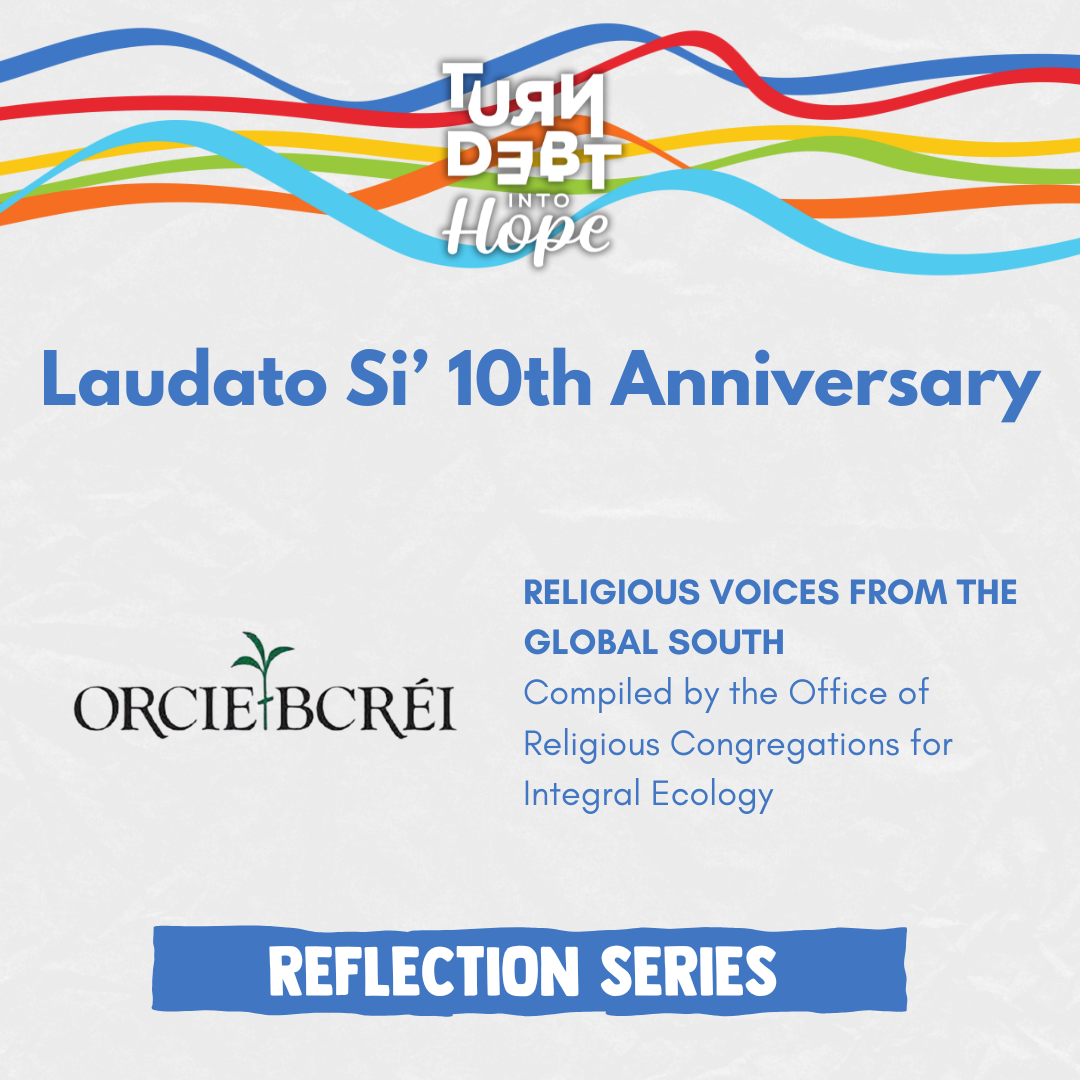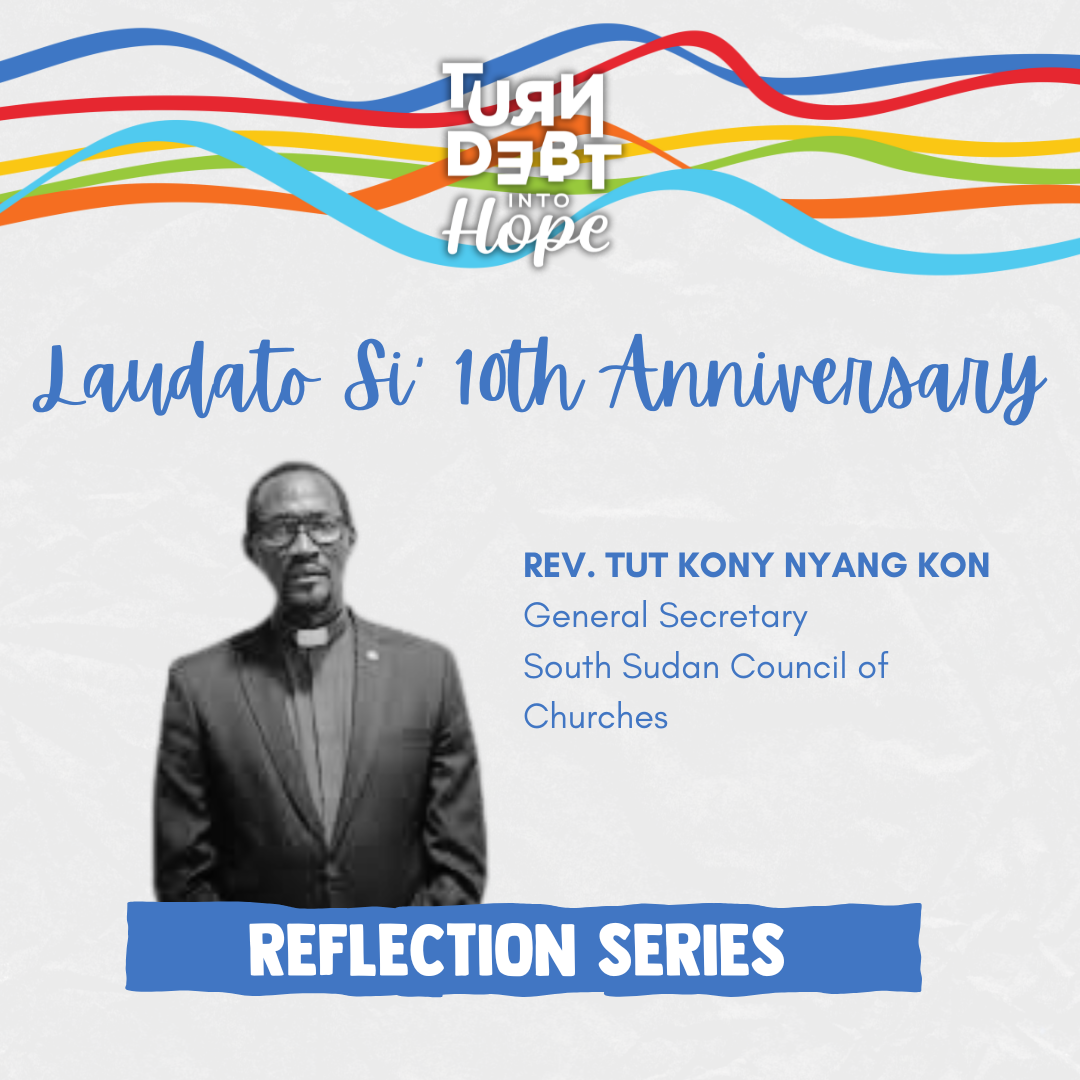KAIROS Reconciliation in the Watershed Workshop Series: Registration is now open
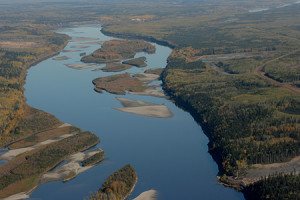
Nova Scotia
Halifax
October 14 | 10 am – 3 pm
St. Andrews United Church (6036 Coburg Road, Halifax, NS)
Hosted with the KAIROS Atlantic Network with guest speakers and guides from local Indigenous, environmental and community groups
Registration fee (includes lunch): $20 Regular | $10 Student
Register Now!
Ontario
London
October 14 | 10 am – 4 pm
King’s University College (266 Epworth Ave, London, ON)
Hosted with the Congregation of the Sisters of St. Joseph of Canada (London) ) and Southwestern Ontario Kairos
Registration fee (includes lunch): $20 Regular | $10 Student
Note: Registration also includes guided tour and Medicine Wheel/Medicine Pouch workshop at the Museum of Ontario Archeology
Register Now!
Wellington County
October 28 | 9 am – 4 pm
Crieff Hills Retreat and Conference Centre (7098 Concession 1, Puslinch, ON)
Hosted with Crieff Hills and with guests Wellington Water Watchers and Jan Sherman, Anishinaabe Métis storyteller, drummer, and singer
Registration fee (includes lunch): $20 Regular | $10 Student
Register Now!
Saskatchewan
Regina
October 21 | 9:30 am – 4 pm
First Nations University
Hosted with the Saskatchewan Council for International Cooperation (SCIC), Regina Public Interest Research Group (RPIRG), Office of the Treaty Commissioner, and First Nations University Student Association
Registration: Free (however space is limited – registration required)
Lunch included. Some transportation support is available. Child-minding on-site.
Register Now!
This fall, KAIROS Canada, with generous support from the Echo Foundation, will hold a series of Reconciliation in the Watershed workshops with local hosts across Canada. The KAIROS Reconciliation in the Watershed Program aims to increase the number and diversity of Canadians who are knowledgeable about their immediate watershed, able to identify issues related to its protection, and can make connections between local ecological issues and Indigenous rights. The full-day workshops aim to renew the relationship between Canadians and their local watershed on a path towards reconciled relationships with Indigenous Peoples.
Wherever we live in creation we are part of a watershed, an interdependent eco-system nested in a larger eco-system, which is also a watershed. We all have a relationship with the bodies of water that sustain our lives and we too are living parts of a watershed. In Canada, our watersheds continue to be threatened by mining, fracking, oil exploration, pipeline development, agriculture, water bottling, and more. The impacts of colonialism and industrialization have alienated us from our watersheds by creating political territories that ignore watershed boundaries and turning our water and natural resources into commodities. Colonialism has also damaged the relationship between non-Indigenous and Indigenous peoples. Indigenous peoples, who affirm the interconnectedness of our watersheds, continue to offer gracious welcome to settlers and seek partnership in a just transformation of the land.
It is time to repair these relationships and build relationships of ecological integrity with our local watersheds and between Indigenous and non-Indigenous peoples. To do so, we need to go in to our watersheds and listen to the voices of Indigenous peoples who were its first protectors and stimulate learning, affection, and ultimately a commitment to protect our water. The Reconciliation in the Watershed workshop is a great place to start!
Everyone is welcome to these days of learning, relationship-building, and action. In each workshop, connections to the local watershed and issues affecting the local community will be highlighted with local guests. Where possible, workshops will include outdoor experiential learning in the watershed. See below for a full listing of workshop dates and locations.
To learn more about Reconciliation in the Watershed, visit www.kairoscanada.org/reconciliation-watershed or contact Beth Lorimer at 416-463-5312 ext 225 or watershed@kairoscanada.org.

